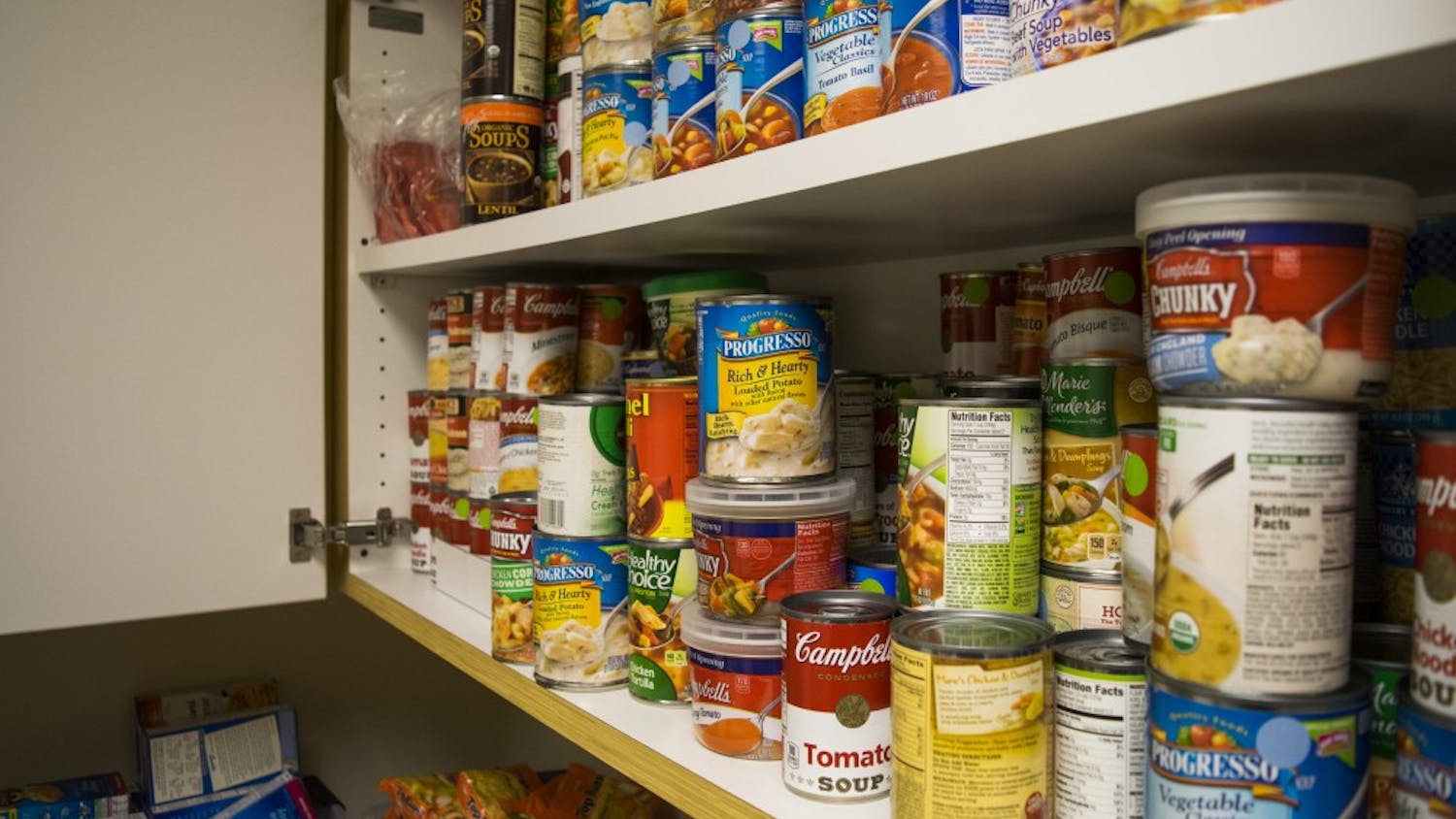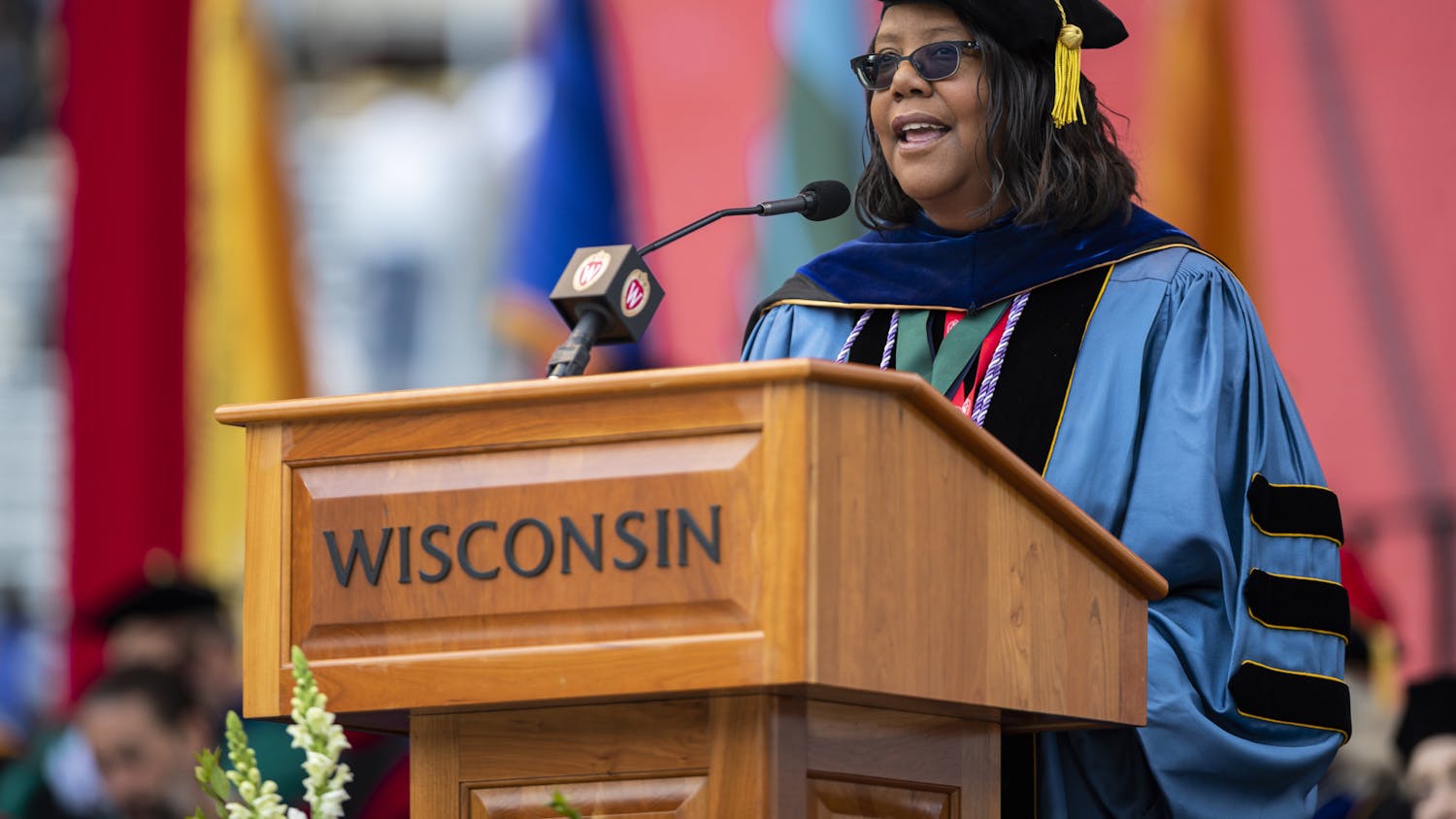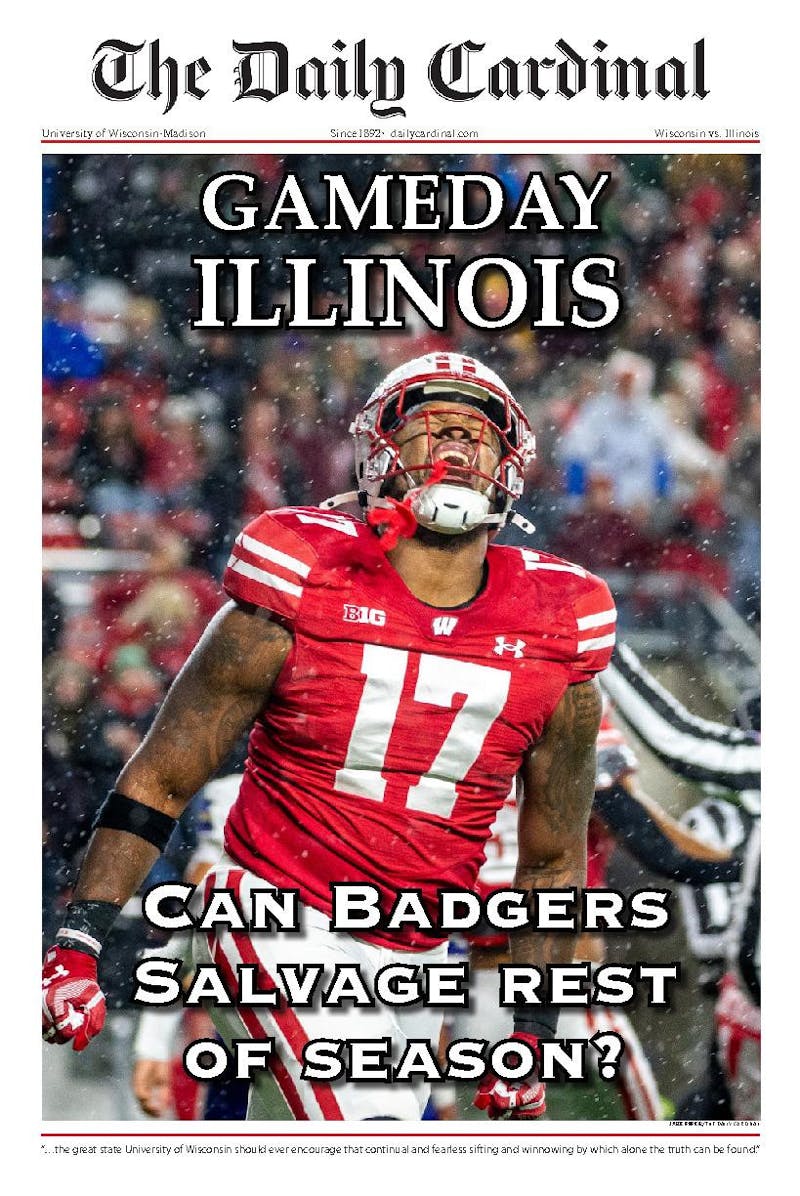You have seen the posters sprouting up all over campus. At College Library, Memorial Union and many other university hot spots, the ""We Conserve"" campaign organized by the UW-Madison Energy Initiative is making itself visible at the university.
The organization's website discusses energy-saving techniques, but, other than promising to promote them, does not directly address issues of alternative energy sources.
On the ""Goals and Strategies"" page of the site, a wind turbine spins serenely, but there is no picture of a nuclear reactor.
Nuclear power has largely been shunned by the general public as a method to efficiently generate environmentally sound power. But why?
""The most general reason is that attitudes ... changed after World War II. [People] became more concerned with ‘quality of life issues' such as having a clean environment and improving their health,"" said Thomas Wellock, a former nuclear engineer and associate professor of history at Central Washington University.
For many, this meant keeping radioactive material out of the environment. But the U.S. government was not yet on board with the ""quality of life"" issue with the general public.
""At the same time this was going on in the 1950s, the Atomic Energy Commission was carrying out atmospheric tests of nuclear weapons,"" Wellock said.
Having radioactive material in the atmosphere caused radiation to deposit in the environment, and bioaccumulation of radiation in animals caused a public outcry for change.
""The fallout controversy of the late 1950s and early 1960s made people very aware of how radioactivity could wind up in the milk they drank,"" Wellock said.
Rachel Carson's book ""Silent Spring"" did much to raise public concern over the effects of those atmospheric tests and attached an even more negative connotation to the word ""nuclear.""
""Public support for nuclear power declined only modestly by 1979,"" Wellok said. ""Then, of course, the Three Mile Island [disaster]. Support dropped dramatically but did recover somewhat in the early 1980s. Then Chernobyl. Public support for nuclear power never recovered.""
He added that there were other barriers to the nuclear power industry achieving success in the United States—like the problem of waste disposal, which, he said, ""remains one of the most important factors in public opposition.""
Max Carbon, UW-Madison professor of nuclear engineering stressed that nuclear waste can be disposed of safely.
""You can put it in concrete and steel casks and set it out on a concrete pad on the ground,"" Carbon said. ""And if you want to or need to you can leave it there for a century, or a couple centuries.""
However, according to Carbon, casks are not the best long-term answer.
""Burial is a good permanent solution,"" he said. ""We're working on burial at Yucca Mountain [Nevada]. We do see a way to dispose of it. We have a way that will take care of it for a century or two at least.""
Carbon compared the disposal of nuclear waste with current methods employed by the coal power industry.
""We haven't the foggiest notion how to take care of the waste from coal, except to dump it into the atmosphere,"" he said.
Madison uses natural gas and coal for power. According to Carbon, natural gas ""isn't nearly as bad as coal, but the carbon dioxide emissions are about half as much as coal, so we still don't get rid of the problem.""
""While the public is fixated on a little bit of nuclear fuel, we are totally ignoring this monstrous amount of waste from coal plants which literally may change civilization as we know it,"" he said.
Although the public has been skeptical about plant safety in the years since the Three Mile Island partial meltdown, Carbon said he believes the safeguards required by the Nuclear Regulation Commission are sufficient to prevent further disasters.
""The safety requirements for new plants are much stricter after Three Mile Island,"" he said. ""Plants ... built after Three Mile Island are much safer.""
In spite of accidents at Three Mile Island and Chernobyl, Carbon considers the world nuclear industry's safety record ""phenomenal.""
""Probably the total death toll from Chernobyl will be five to 10 thousand people. That's over the 60 to 70-year period where there will be an effect,"" Carbon said. ""The effluent from coal plants is estimated to cause perhaps as many as 60,000 deaths per year in 239 major metropolitan areas in the United States.""
Carbon also sees little possibility of the construction of nuclear weapons using fuel from large reactors, stating ""no country in the world has ever gotten its weapons material from nuclear power plants.""
He said plants are far too expensive to build for a country aiming to make nuclear weapons and there are cheaper alternatives.
Wellock, though branded as sympathetic to the anti-nuclear movement by many, doesn't believe the environmental impact of nuclear power stations is serious.
""Day-to-day operations are very clean,"" he said. ""I do not think the worst case accident scenario is realistic, and I think wastes could be managed. On the other hand, I think that the economics of nukes are still pretty doubtful, despite what the industry would like you to think.""





